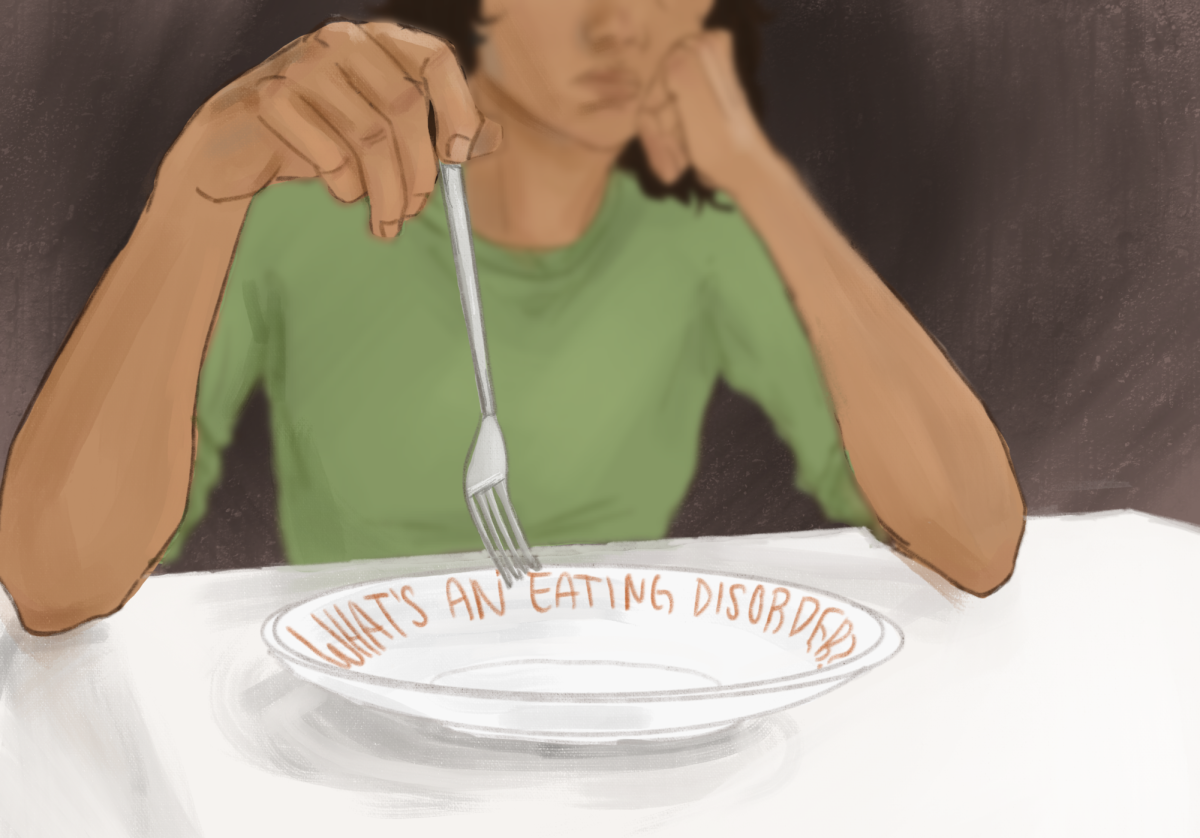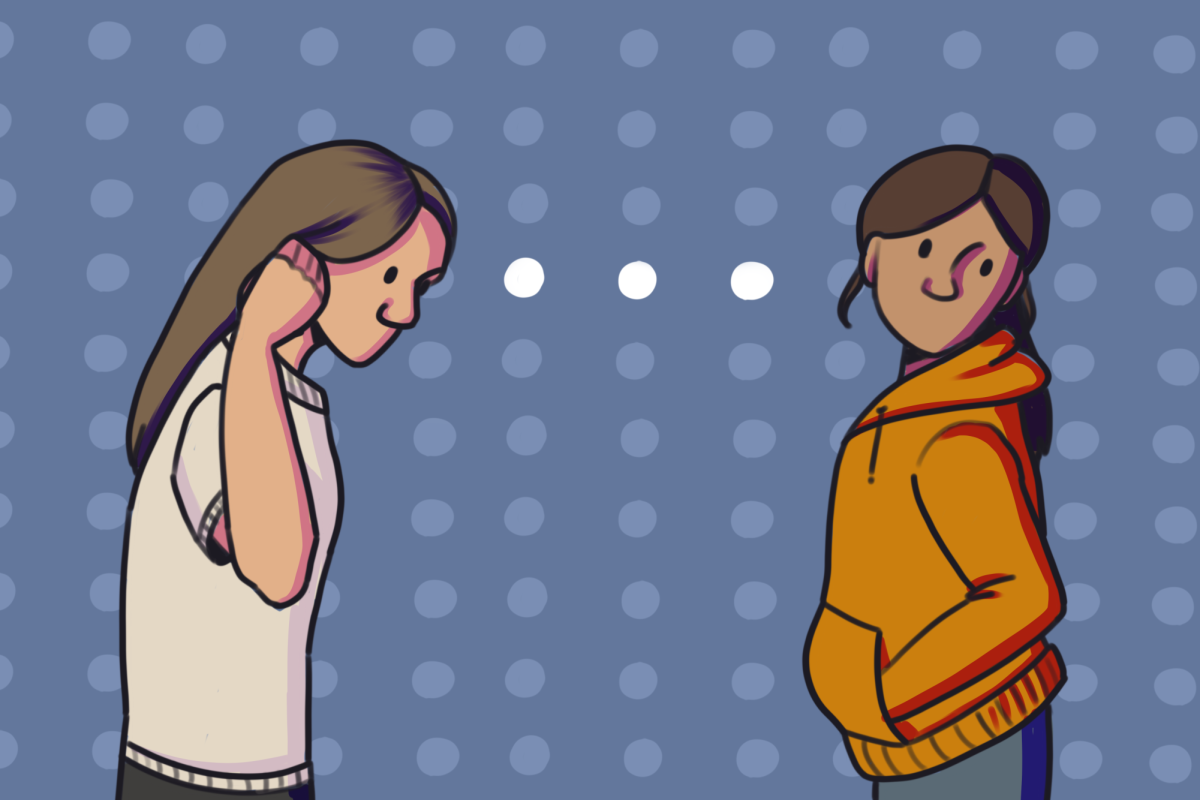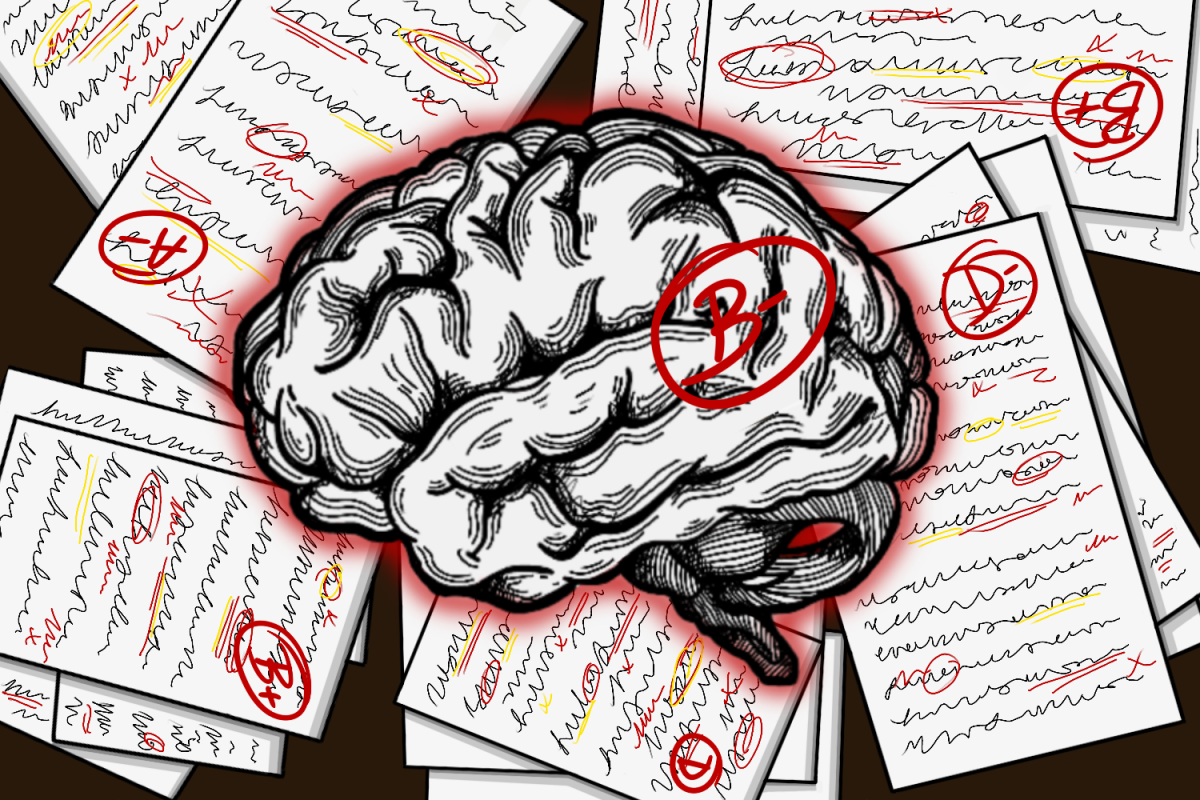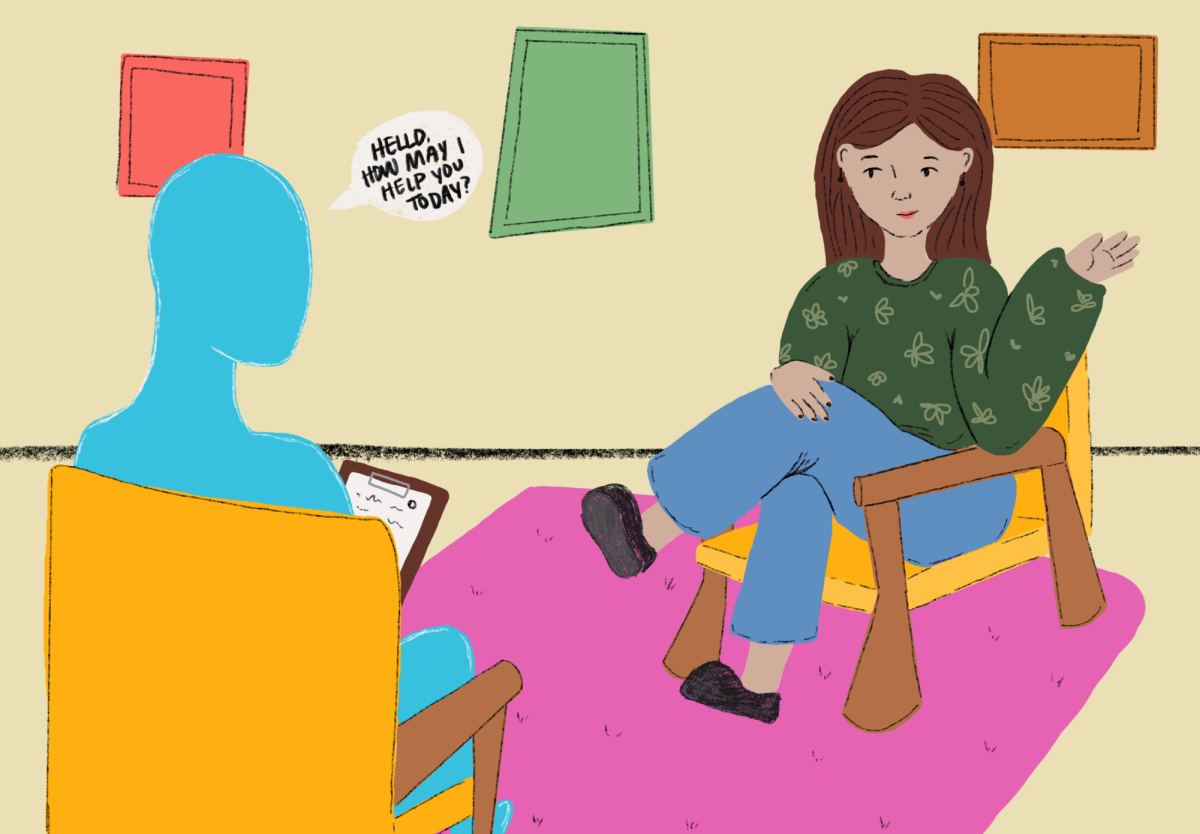Content warning: This column contains mention of sensitive subjects including eating disorders.
Before underclassmen start their first semester, they are required to take federally mandated-courses on alcohol consumption and sexual assault prevention. Because eating disorders are a similarly important issue on campus, University Health Services (UHS) should create a new required course to inform students.
Eating disorders include restricting intake, binging, purging and other detrimental behaviors that lead to an unhealthy relationship with food. These disorders commonly affect students; studies show that four in ten college students have been personally affected by an eating disorder or know someone who has.
“Eating disorders actually have the highest death rate of all psychiatric diagnoses, so that’s out of all the mental illnesses,” said Jay Brown, associate professor of instruction in the School of Human Ecology. “That’s probably due to the overlap with anxiety and mood disorders.”
Often, these disorders can be difficult to identify due to a lack of understanding.
“I’d say a lot of the behavior is normalized,” said Monica Milonovish, director of the Integrated Coordinated Program in Dietetics. “Social media, for instance, you’ll see what folks are talking about or promoting, which are not necessarily healthy behaviors … (or) good for their bodies. So maybe (this is) misinformation and a lack of understanding.”
It can be extremely difficult to discuss eating disorders because of the stigma surrounding them, which may incite unintentional usage of offensive language.
“What we say may actually cause more problems,” Milonovich said. “If you have a friend who maybe has lost weight related to an eating disorder, and somebody says, ‘well, you lost weight, you look great,’ you’re further encouraging that behavior that’s not healthy.”
Mandatory courses on eating disorders could inform students about the signs of these disorders and how their language plays a role in addressing them in social settings.
The dialogue around disorders matters because social pressures play a large role in body image. These pressures can stem from stereotypes like the “freshman 15” phenomenon, where college freshmen gain 15 pounds due to their new lifestyle changes at the start of college.
Food accessibility adds another difficult layer to eating disorder conversations. In parts of North and West campus, food deserts exist, creating mile-long distances between students and healthy food sources.
Although eating disorders impact individuals differently, all students can benefit from courses that inform them about this complex issue. Even if someone isn’t directly affected by an eating disorder, they may know someone who is. Courses similar to AlcoholEdu could ensure that students are ready to effectively respond in the future.
Despite repeated requests, UHS was not available for an interview.
“If you wait to see the negative repercussions of different unhealthy behaviors, usually at that point, it can be a lot more difficult to deconstruct,” said nursing senior Renee Caraway. “So I think it can be tremendously valuable to just be aware.”
Ultimately, eating disorders are common but difficult to understand. UHS should mandate courses on eating disorders so incoming undergraduates can remain aware of the resources and methods to effectively handle them. To account for the possibility that the eating disorder module may trigger some students, UT should also provide a substitutable alternative.
If you are struggling with an eating disorder and would like to seek out resources, contact University Health Services for more information.
Pham is a government, history and French freshman from Garland, Texas.














